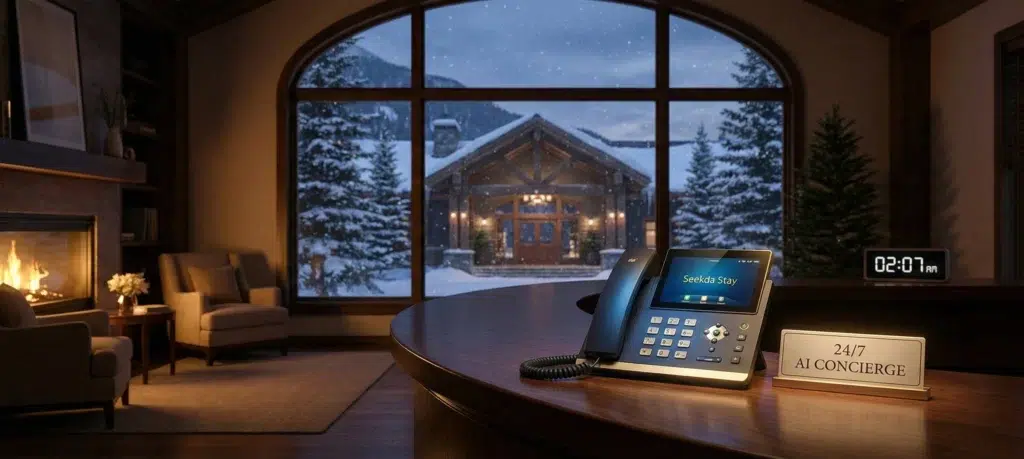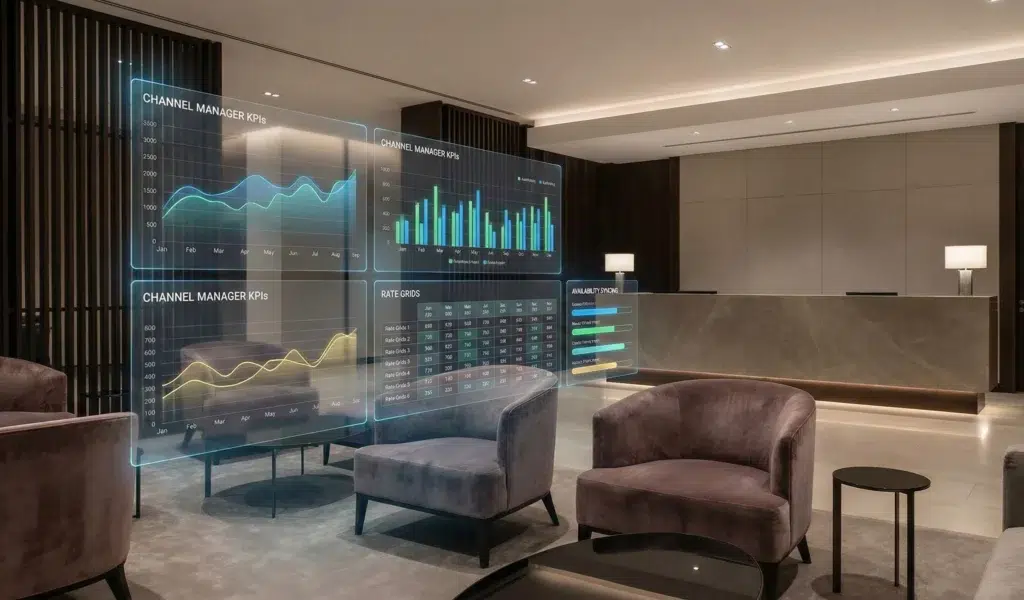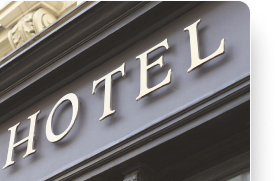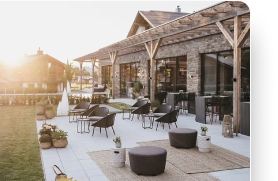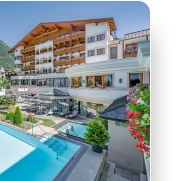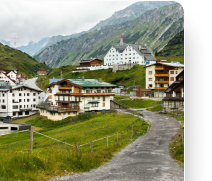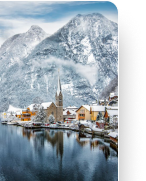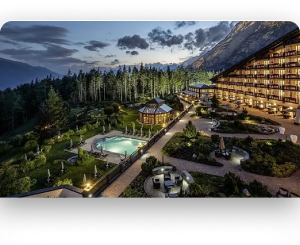Die Wahl des richtigen Channel Managers ist für jeden Hotelier, der seine Online-Präsenz optimieren, die Vertriebskanäle vereinfachen und die Auslastung seines Hotels steigern möchte, von entscheidender Bedeutung. Angesichts der Vielzahl an Optionen ist es wichtig zu verstehen, welche Funktionen für Ihr Hotel am nützlichsten sind, um die Buchungen auf den wichtigsten Portalen zu verwalten und die Direktbuchungen zu erhöhen. Dieser Artikel führt Sie durch die wichtigsten Überlegungen, um den Channel Manager zu finden, der am besten zu den Bedürfnissen Ihrer Unterkunft passt.
Was ist ein Channel Manager?
Ein Channel Manager ist eine Plattform, die es Beherbergungsbetrieben ermöglicht, ihre Verfügbarkeiten auf verschiedenen Online-Kanälen wie OTAs, Metasuchmaschinen und der eigenen Hotelwebsite zu verteilen. Durch die Zentralisierung der Verfügbarkeiten wird die Verwaltung von Preisen und Beständen auf jedem Kanal erleichtert. Dieser Prozess reduziert den Bedarf an manuellen Aktualisierungen, verhindert Überbuchungen und optimiert die Auslastung, indem er potenzielle Gäste auf verschiedenen Plattformen erreicht.
Wichtige Funktionen eines Channel Managers
- Integration mit dem Property Management System (PMS)
Um maximale Effizienz zu gewährleisten, wählen Sie einen Channel Manager, der nahtlos mit Ihrem PMS (Property Management System) integriert ist. Diese Synchronisation ermöglicht automatische Aktualisierungen zwischen dem PMS und den OTAs, wodurch die Notwendigkeit manueller Eingaben und die damit verbundenen Fehler reduziert werden. Ein gut integriertes System ermöglicht außerdem die Verwaltung aller Abläufe über ein einziges Dashboard, was die betriebliche Effizienz erhöht und Fehler minimiert – besonders wichtig für Hotels mit einem hohen Buchungsvolumen.
- Intuitive Benutzeroberfläche
Eine intuitive und benutzerfreundliche Oberfläche ist unerlässlich, insbesondere für Mitarbeiter ohne technischen Hintergrund. Suchen Sie nach einem Channel Manager mit einem übersichtlichen und leicht navigierbaren Dashboard, das Ihrem Team ermöglicht, Informationen zu aktualisieren, Buchungsdetails einzusehen und Berichte zu erstellen, ohne eine lange Einarbeitungszeit. Dadurch wird es Ihrem Team erleichtert, Buchungen effizient zu verwalten und sich auf die Interaktion mit den Gästen zu konzentrieren, anstatt sich mit komplexen Softwareprogrammen auseinandersetzen zu müssen.
- Erweiterte Analyse- und Berichtsfunktionen
Um die Auslastung und den Umsatz zu optimieren, ist der Zugang zu detaillierten Daten unerlässlich, die Informationen zu Buchungstrends, Hochsaisonen und Gästepräferenzen liefern. Erweiterte Berichterstattungsfunktionen ermöglichen es Ihnen, die Leistung der verschiedenen Kanäle zu analysieren und die Ressourcen entsprechend zu optimieren. Die besten Channel Manager bieten Werkzeuge, um die Performance der OTAs zu überwachen, Stornoraten zu verfolgen und wiederkehrende Gästebehavior zu identifizieren.
Erweiterte Funktionen zur weiteren Optimierung
Zusätzlich zu den Grundfunktionen können einige erweiterte Funktionen die Kanalmanagementstrategie Ihres Hotels weiter verbessern.
- Multi-Property-Support
Für Betreiber, die mehrere Immobilien verwalten, ist ein Channel Manager mit Multi-Property-Funktionalität unerlässlich. Diese Option ermöglicht die zentrale Verwaltung von Beständen, Preisen und Verfügbarkeiten für mehrere Standorte über eine einzige Schnittstelle und reduziert die Notwendigkeit für separate Systeme, was die Verwaltung aller Immobilien an einem Ort vereinfacht.
- Konnektivität mit OTAs und Metasuchmaschinen
Heutige Reisende vergleichen Preise oft sowohl auf OTAs als auch auf Metasuchmaschinen. Ein Channel Manager, der sich mit beiden verbindet, sorgt für eine größere Sichtbarkeit. Der Channel Manager von Seekda unterstützt beispielsweise Verbindungen mit den wichtigsten OTAs wie Booking.com, Expedia und Feratel, um maximale Sichtbarkeit auf den meistbesuchten Kanälen zu gewährleisten und den Gästen mehrere Buchungsoptionen zu bieten.
Strategien zur Auswahl eines Channel Managers
Um den idealen Channel Manager für Ihr Hotel zu finden, beachten Sie die folgenden Leitlinien:
- Definieren Sie die Bedürfnisse und Ziele Ihres Hotels
Bevor Sie mit der Suche beginnen, nehmen Sie sich die Zeit, die spezifischen Anforderungen Ihres Hotels zu definieren. Verwalten Sie mehrere Immobilien? Benötigen Sie eine detaillierte Berichterstattung? Die Festlegung Ihrer Prioritäten hilft Ihnen, die Optionen einzugrenzen und den Channel Manager mit den für Sie wichtigsten Funktionen auszuwählen.
- Fordern Sie eine Demo oder eine kostenlose Testversion an
Viele Anbieter bieten kostenlose Testversionen oder Demos ihrer Software an. Nutzen Sie diese Gelegenheit, um die Plattform in Aktion zu sehen und zu überprüfen, ob die Benutzeroberfläche zu den Arbeitsabläufen Ihres Teams passt. Während der Demos können Sie gezielte Fragen stellen und beurteilen, ob die Lösung die Anforderungen Ihres Hotels erfüllt.
- Bewerten Sie die Integrationsmöglichkeiten
Stellen Sie sicher, dass der Channel Manager sich leicht in das PMS, die Buchungsmaschine und andere bestehende Systeme integrieren lässt. Die Integration reduziert den Bedarf an manuellen Prozessen und sorgt für einen reibungsloseren und präziseren Informationsfluss.
- Überprüfen Sie den Support und die Schulungsangebote
Der Kundenservice ist besonders wichtig, wenn es sich um komplexe Systeme wie einen Channel Manager handelt. Stellen Sie sicher, dass der Anbieter einen reaktionsschnellen Kundenservice und umfassende Schulungsoptionen bietet, um sicherzustellen, dass Ihr Team die Software effektiv nutzen kann. Ein schneller Support kann größere Probleme schnell lösen und deren Auswirkungen auf den Betrieb minimieren.
- Denken Sie an das zukünftige Wachstum
Wählen Sie einen Channel Manager, der mit Ihrem Hotel wachsen kann. Wenn Ihr Hotel expandiert, benötigen Sie möglicherweise zusätzliche Funktionen, wie z. B. Multi-Property-Support oder weitere Integrationen. Eine skalierbare Lösung von Anfang an spart langfristig Zeit und Geld und vermeidet, dass Sie den Anbieter oder die Systeme wechseln müssen, wenn sich Ihre Anforderungen ändern.
Wählen Sie einen Channel Manager, der auf Ihr Hotel zugeschnitten ist
Nicht alle Hotels haben die gleichen Anforderungen. Ein Boutique-Hotel könnte eine einfachere Benutzeroberfläche und detaillierte Berichte bevorzugen, während eine große Hotelkette mehr Unterstützung für mehrere Immobilien benötigt. Hier sind einige Hinweise:
- Kleine und mittelgroße Hotels: Ein Channel Manager mit PMS-Integration und benutzerfreundlicher Oberfläche.
- Boutique-Hotels: Bevorzugen Sie Lösungen mit erweiterten Berichterstattungsfunktionen und gezielten Verbindungen zu OTAs, die Ihrer Zielgruppe entsprechen.
- Multi-Property-Management: Unverzichtbar ist die Multi-Property-Funktionalität, um den Bestand an mehreren Standorten zu verwalten.
- Luxusresorts: Ein Channel Manager mit starker Konnektivität zu OTAs und Metasuchmaschinen sowie anpassbaren Optionen, um den hohen Erwartungen der Gäste gerecht zu werden.
Bewertung der Kosten und des ROI eines Channel Managers
Obwohl das Budget immer eine Rolle spielt, ist es wichtig, den ROI eines Channel Managers zu berücksichtigen. Durch die Reduzierung von Überbuchungen, die Einsparung von Personalzeit und die Optimierung der Auslastung amortisiert sich ein Channel Manager auf lange Sicht. Berechnen Sie die Einsparungen bei den Provisionen durch die geringere Abhängigkeit von OTAs und die eingesparte Zeit dank der Automatisierung.
Fazit: Treffen Sie die richtige Wahl für Ihr Hotel
Die Wahl des richtigen Channel Managers kann den Betrieb Ihres Hotels verändern und Ihnen Werkzeuge an die Hand geben, die den Cashflow fördern, die Arbeitsabläufe optimieren und die Gästezufriedenheit verbessern. Unabhängig davon, ob Sie Wert auf die Integration mit dem PMS, Benutzerfreundlichkeit oder erweiterte Analysen legen – es gibt eine Lösung, die auf die Bedürfnisse jeder Unterkunft zugeschnitten ist.




